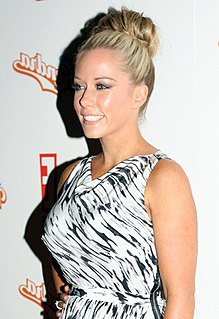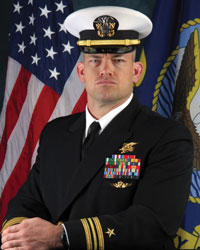A Quote by Brene Brown
I hesitate to use a pathologizing label, but underneath the so-called narcissistic personality is definitely shame and the paralyzing fear of being ordinary.
Quote Topics
Related Quotes
Underneath our ordinary lives, underneath all the talking we do, all the moving we do, all the thoughts in our minds, there's a fundamental groundlessness. It's there bubbling along all the time. We experience it as restlessness and edginess. We experience it as fear. It motivates passion, aggression, ignorance, jealousy, and pride, but we never get down to the essence of it.
Feelings and stories of unworthiness and shame are perhaps the most binding element in the trance of fear. When we believe something is wrong with us, we are convinced we are in danger. Our shame fuels ongoing fear, and our fear fuels more shame. The very fact that we feel fear seems to prove that we are broken or incapable. When we are trapped in trance, being fearful and bad seem to define who we are. The anxiety in our body, the stories, the ways we make excuses, withdraw or lash out—these become to us the self that is most real.
If we have plain old ordinary fear then we are within reach of a solution. Fear has been with humankind for millennia and we do know what to do about it-pray about it, talk about it, feel the fear, and do it anyway. Artistic fear, on the other hand, sounds somehow nastier and more virulent, like it just might not yield to ordinary solutions-and yet it does, the moment we become humble enough to try ordinary solutions.

































